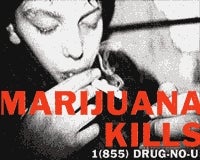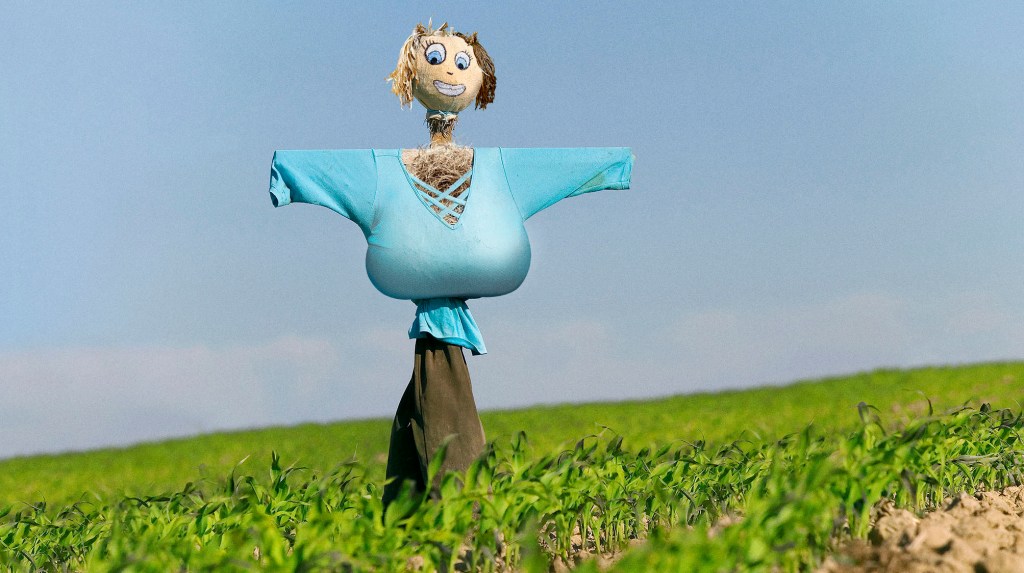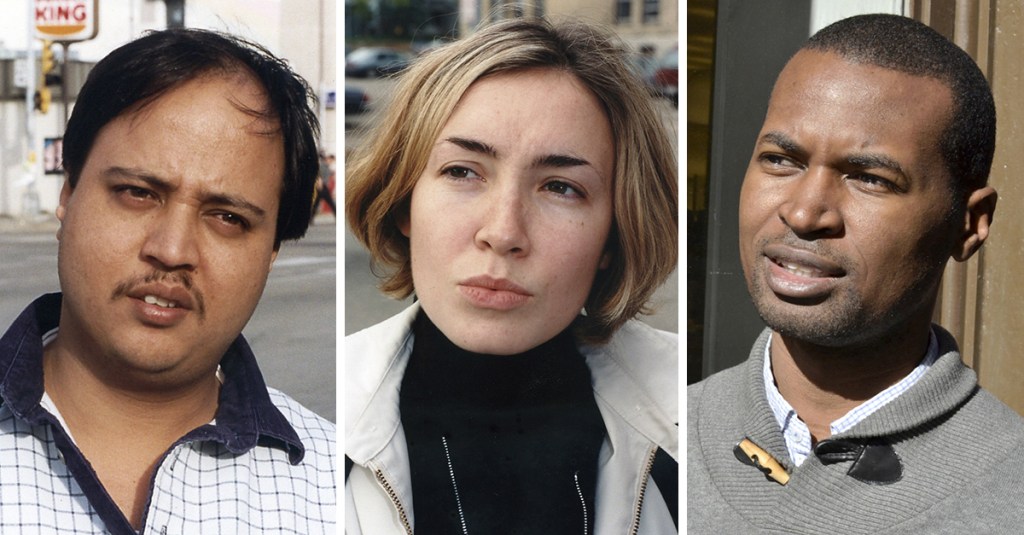SAN FRANCISCO–Though much progress has been made, teen drug use remains rampant in American society. The overall level of use among adolescents may be on the decline, but millions of teens still abuse drugs, and for this group, the efforts of authorities have not been sufficient.
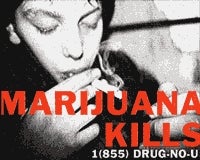
According to a recent report from the San Francisco-based What About The Children? Foundation, conducted in conjunction with Moms Against High Kids (MAHK), much of the blame lies with ineffective anti-drug public service announcements that “are not doing their part” to prevent teens from using illegal drugs.
“We’ve all heard the old cliches about how some PSAs are better than others, but the statistics we came up with in our research were shocking,” said What About The Children? president Andrea Levinson. “In informal surveys, 65 percent of teen drug users characterized anti-drug PSAs aimed at them as ’stupid’; 45 percent described them as ’weak’ or ’lame’; and 87 percent said they were ’totally gay.’ These are the PSAs to which we are entrusting our children’s futures?”
Alarmed by the findings, Levinson is leading a nationwide grassroots campaign, Stop Ineffective PSAs Now! (SIPSAN!), to prevent such PSAs from reaching the airwaves in the first place.
“Only by showing a little ’tough love’ and cracking down on the irresponsible producers of these substandard PSAs can we stop teen drug use at its source: the TV set,” Levinson said. “We as a society have tolerated the makers of inferior PSAs, and the untold havoc they wreak on the lives of our innocent children, long enough.”
According to MAHK’s Norma Gregory, who described her daughter and three sons as “drug-free… but for how long?” the creators of so-called “ineffective” PSAs–those that do not live up to their stated goal of convincing teens that drugs are bad–should be punished with heavy fines, mandatory community service, and even jail terms. In other words, she said, makers of bad PSAs should be treated the same as any drug pusher or dealer who leads a child down the road to abuse.
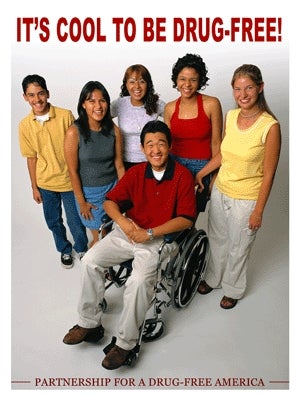
“This nation has got to get tough on drugs in a real way, a serious way, a way that isn’t just some phony public-relations show designed to make us feel better without ever actually addressing the real problem,” Gregory told reporters. “Liberal, Band-Aid solutions that have no real effect aren’t going to save kids’ lives. That’s why we need to track down the people responsible for these PSAs and really put the hurt on them, before another child is destroyed by their so-called ’helpful’ messages.”
One of the biggest problems with PSAs, the report found, is that even when they speak in kids’ own language, they often fall short of their goal of teaching them that drugs aren’t “cool” or “rad.” Such ads are particularly dangerous, the report read, because parents often believe their children will find the ads “hip” and “with-it”–even when the children really don’t.
“I saw an ad just last night that, at first, seemed to be doing some good, but in reality was absolutely appalling,” said Pam Jeffries, an Iowa City mother of two. “It purported to show several different ways to say no to drugs, with one teen getting angry and saying, ’Get outta my face with that joint!’ and another acting ’theatrical’ and delivering a Shakespearian speech to the rooftops of the city, shouting, ’Nay! I say thee nay!’ But when I talked to the kids at the teen center about it, they said it was silly and made fun of it! They were laughing and imitating it, shouting, ’Get outta my face!’ and, ’I say thee nay!’ and just generally mocking the whole thing. If any of them ever die of an overdose, it’ll be as if that ad pulled the trigger itself.”
The biggest problem, Levinson said, is that PSA producers are unwilling to take responsibility for the lives of the children they are supposed to be protecting.
“How can a teenager in today’s world be expected to learn right from wrong without any genuinely persuasive PSAs to guide them?” Levinson asked. “No kid is born bad. But if television doesn’t provide them with the love and care they need, and tell them how to distinguish between good and bad, they have no chance.”
The fight against irresponsible PSAs remains an uphill battle, but their opponents won a major victory with the California legislature’s passage of “Brian’s Law,” named after San Clemente teen Brian Kolterman, who was caught smoking a marijuana “doobie” by his mother in the family garage even though he’d seen an anti-drug PSA on TV earlier that same week. Under the terms of the new law, the creative heads of P.K. MacDreamer Imagineering Ltd., the San Francisco ad agency which created the PSA that should have kept Kolterman off drugs, will be sentenced to a minimum of five years in prison.
“Thank God those P.K. MacDreamer monsters are off the street and behind bars where they can’t do any more harm,” said Irene Kolterman, Brian’s mother, after learning of the sentencing. She then collapsed into tears.
“People need to learn to take responsibility for the PSAs they create,” Levinson said. “After all, nobody else is going to take these kids by the hand and guide them through life. Without decent PSAs to raise them right, our children have no one. They’re on their own.”


